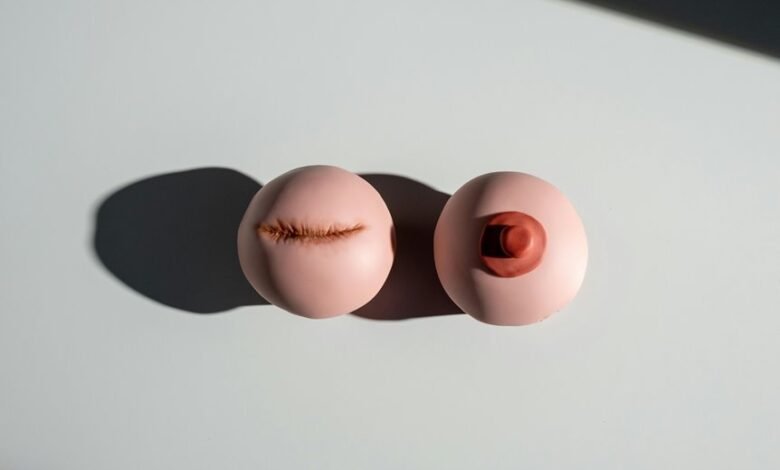Native Hair Care Lawsuit: Legal Insights and Impacts

The Native Hair Care lawsuit underscores critical legal challenges within the beauty industry, particularly concerning ingredient transparency and consumer trust. Allegations of misrepresentation have sparked intense scrutiny over marketing practices and regulatory compliance. As brands face potential repercussions, the implications extend beyond legalities, touching on ethical responsibilities and cultural respect. This evolving scenario raises essential questions about the future of branding and accountability in an industry that thrives on consumer loyalty.
Overview of the Native Hair Care Lawsuit
The Native Hair Care lawsuit centers on allegations that the company misrepresented the ingredients in its products, leading consumers to believe they were purchasing items that were entirely safe and free from harmful chemicals.
This situation raises concerns about product authenticity and the protection of Native rights, as consumers seek transparency in the beauty industry and demand accountability from brands for misleading claims.
Legal Implications for the Beauty Industry
Allegations against Native Hair Care highlight significant legal implications for the broader beauty industry, particularly regarding consumer protection and regulatory compliance.
Issues surrounding intellectual property and brand authenticity may compel companies to reassess their marketing strategies and product formulations.
This lawsuit serves as a critical reminder for beauty brands to uphold transparency and integrity, ensuring they navigate legal frameworks effectively while fostering consumer trust.
Cultural Respect and Social Justice Considerations
While the Native Hair Care lawsuit brings to light pressing legal issues, it also underscores the importance of cultural respect and social justice within the beauty industry.
Cultural appropriation erodes authentic identity representation, often commodifying marginalized cultures. This case highlights the necessity for brands to engage ethically, ensuring that they honor diverse heritages while promoting equitable practices that empower rather than exploit native communities.
Conclusion
The Native Hair Care lawsuit serves as a cautionary tale, casting a long shadow over the beauty industry. It underscores the fragility of consumer trust, akin to a delicate glass sculpture, easily shattered by misrepresentation and deceit. As brands grapple with the repercussions, the imperative for ethical marketing emerges as a guiding light, illuminating the path to accountability and transparency. In this evolving landscape, authenticity will be the cornerstone upon which lasting loyalty is built.






